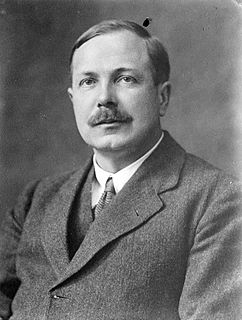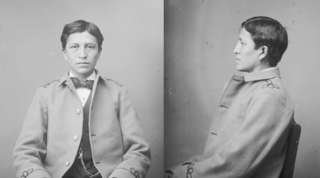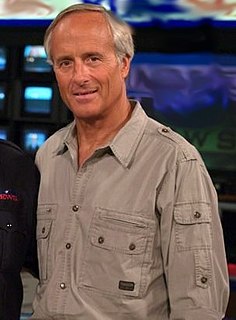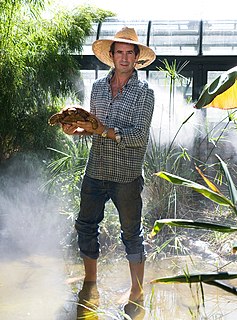A Quote by Charles Galton Darwin
The evolution of the human race will not be accomplished in the ten thousand years of tame animals, but in the million years of wild animals, because man is, and always will be, a wild animal.
Related Quotes
Hear and attend and listen; for this is what befell and be-happened and became and was, O my Best Beloved, when the Tame animals were wild. The dog was wild, and the Horse was wild, and the Cow was wild, and the Sheep was wild, and the Pig was wild -as wild as wild could be - and they walked in the Wet Wild Woods by their wild lones. But the wildest of all the wild animals was the Cat. He walked by himself and all places were alike to him
Some kinds of animals burrow in the ground; others do not. Some animals are nocturnal, as the owl and the bat; others use the hours of daylight. There are tame animals and wild animals. Man and the mule are always tame; the leopard and the wolf are invariably wild, and others, as the elephant, are easily tamed.
Only to the white man was nature a "wilderness" and only to him was the land "infested" with "wild" animals and "savage" people. To us it was tame. Earth was bountiful and we were surrounded with the blessings of the Great Mystery. Not until the hairy man from the east came and with brutal frenzy heaped injustices upon us and the families that we loved was it "wild" for us. When the very animals of the forest began fleeing from his approach, then it was that for us the "Wild West" began.
It is said about Lord Buddha sadaya-hrdaya darsita-pasu-ghatam. He saw the whole human race going to hell by this animal killing. So he appeared to teach ahimsa, nonviolence, being compassionate on the animals and human beings. In the Christian religion also, it is clearly stated, 'Thou shall not kill'. So everywhere animal killing is restricted. In no religion the unnecessary killing of animals is allowed. But nobody is caring. The killing process is increasing, and so are the reactions. Every ten years you will find a war. These are the reactions.
Sometimes animals may suffer more because of their more limited understanding. If, for instance, we are taking prisoners in wartime we can explain to them that although they must submit to capture, search, and confinement, they will not otherwise be harmed and will be set free at the conclusion of hostilities. If we capture wild animals, however, we cannot explain that we are not threatening their lives. A wild animal cannot distinguish an attempt to overpower and confine from an attempt to kill; the one causes as much terror as the other.
There is no excuse for keeping wild animals in amusement parks or circuses. Until our governments take action, we should avoid supporting places where captive wild animals perform for our amusement. If the public will not pay to see them, the businesses that profit from keeping animals captive will not be able to continue.
She had lived in that house fourteen years, and every year she had demanded of John that she be given a pet of some strange exotic breed. Not that she did not have enough animals. She had collected several wild and broken animals that, in a way, had become exotic by their breaking. Their roof would have collapsed from the number of birds who might have lived there if the desert hadn't killed three- quarters of those that tried to cross it. Still every animal that came within a certain radius of that house was given a welcome-the tame, the half born, the wild, the wounded.
English literature, from the days of the minstrels to the Lake Poets,--Chaucer and Spenser and Milton, and even Shakespeare, included,--breathes no quite fresh and, in this sense, wild strain. It is an essentially tame and civilized literature, reflecting Greece and Rome. Her wildness is a greenwood, her wild man a Robin Hood. There is plenty of genial love of Nature, but not so much of Nature herself. Her chronicles inform us when her wild animals, but not the wild man in her, became extinct.
Artificial selection turned the wolf into the shepherd, and the wild grasses into wheat and corn. In fact, almost every plant and animal that we eat today was bred from a wild, less edible ancestor. If artificial selection can work such profound changes in only ten or fifteen thousand years, what can natural selection do operating over billions of years? The answer is all the beauty and diversity of life.

































